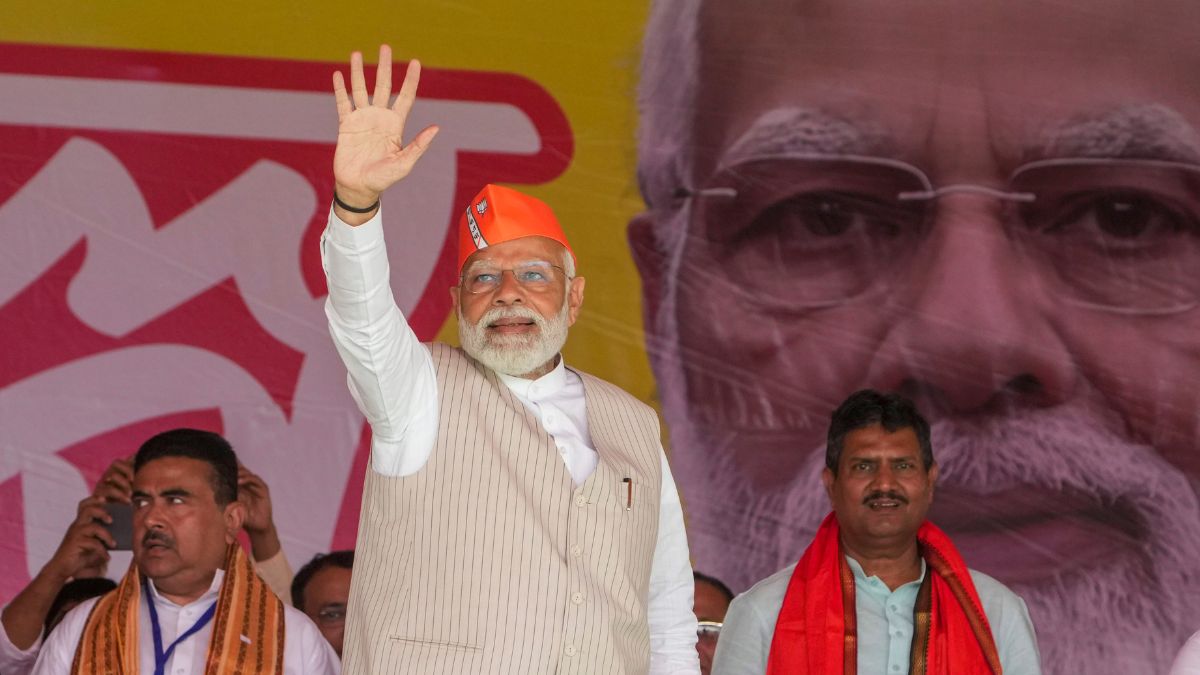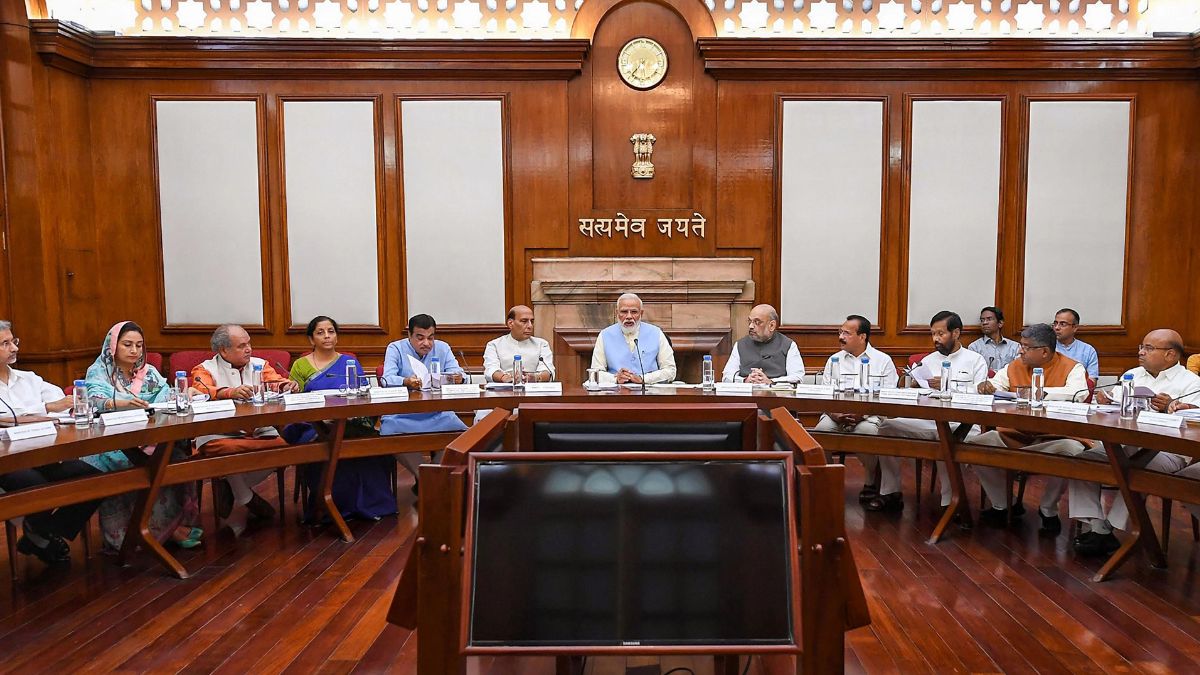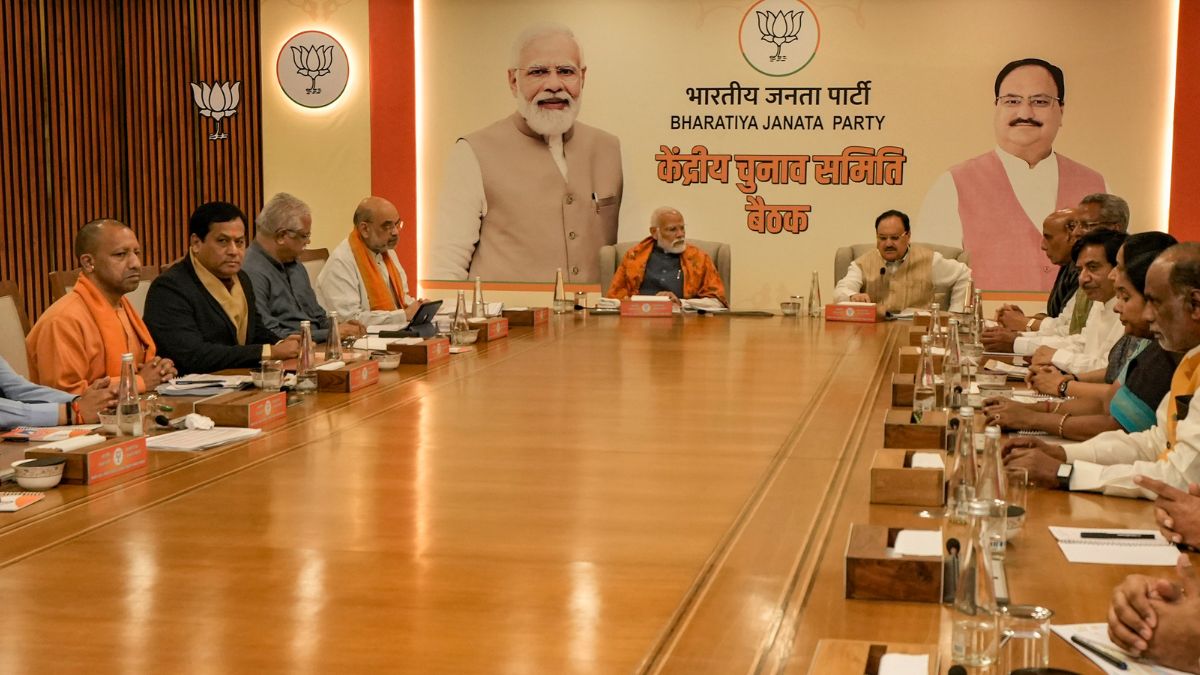For months now, political parties’ election strategists have kept up their nifty number crunching as they estimate their pickings from various groups of voters, the interplay of caste, sub-caste, community, the slum vote, the urban poor, big business, small traders and more.
For the Congress, probably no one group is considered as significant as the Muslim community, widely believed to vote en bloc and in favour of the Congress party.
This Lok Sabha election, burdened by strong anti-incumbency, the Congress is once again attempting to rope in “third party” campaigners for its candidates in areas with large Muslim electorates, approaching NGOs and social activists whose pitch to the Muslim voter, the party feels, could help win back the “disenchanted” and “disillusioned” Muslim voter.
Other reports have argued that the split in the Congress’s Muslim votebank, with the AAP also wooing Muslims aggressively, will assist the BJP.
But is there really a unified Muslim vote across India that a depleted Congress could look towards?
W riting in The Hindu , CSDS professor Hilal Ahmed attempts to answer, among others, the question of whether Muslims vote only on the basis of religion, and if they actually vote strategically as is commonly believed.
Contending that the Indian Muslim identity is actually highly diversified, he writes, “In the 1999 Lok Sabha election, most of the Muslim respondents (around 52 per cent) said that they gave more importance to parties while voting in elections. In contrast, only eight per cent of Muslim respondents said that they found caste and community considerations to be important.”
This trend continued in 2004 and 2009 too.
And still, perhaps most to the detriment of the Congress party that retains its vote-out-the-communalists slogans, the dominant view of the BJP’s prime ministerial candidate Narendra Modi has remained one of acceptability to various groups including India’s Muslims.
This when a series of developments, not least among them being the inclusion of some groups of Muslims in the list of OBCs and Scs, and their own growing aspirations, has led to Indian Muslims casting their vote on various issues and identities.
The Hindu article shows that the CSDS-Lokniti’s National Election Studies data suggests that while the Congress and the Samajwadi Party, on that order, can be seen as the first choice party for Muslims nationally, state-specific data must be dovetailed into the context.
It cites state-specific political configurations, the availability of viable political alternatives as among the factors that come into play.
Comparing the BJP’s performance in UP and Gujarat, it argues that unlike UP, where the caste-groups and various other identities are so strong, politics in Gujarat is quite polarised with regional parties not really in the fray.
“In this sense, the constituency-level configuration of party and candidate plays a more significant role for the Muslim electorate in Gujarat. Thus, Muslim voting to any particular party in States is not an outcome of any national strategy; rather, the voting preferences of Muslims, it seems, are constituted at the grassroots level.”


)




)
)
)
)
)
)
)
)